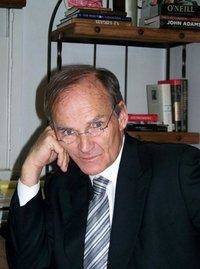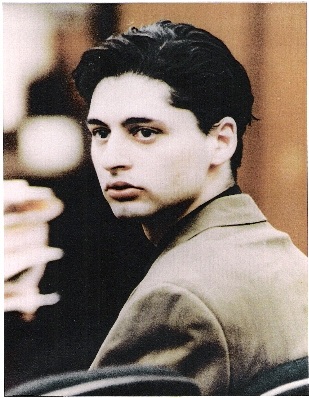
The Times does its readers a disservice with its diatribe against expert witnesses for the defense. I have practiced criminal defense for 35 years. In my experience, in a typical case, almost all expert witnesses are called by the prosecution. We get buried by the county coroner, dissected by the Los Angeles County Sheriff's Department criminalist and battered by the "domestic violence expert."
Usually, we cannot afford to retain experts to rebut these people. We are reduced to arguing that because they are all employed by and paid by the county, their testimony naturally favors the prosecution. After guilty verdicts, jurors have told us that they were offended by our attacks on county workers.
Once every few years, a well-heeled defendant will have the resources to get his own experts to refute the prosecution twaddle. But instead of applauding a case in which the defense finally has a level playing field, The Times takes the opportunity to blast a system that allows paid experts.
Robert Sheahen
Beverly Hills
Reproduced with permission of the copyright owner. Further reproduction or distribution is prohibited without permission.

 RSS Feed
RSS Feed
